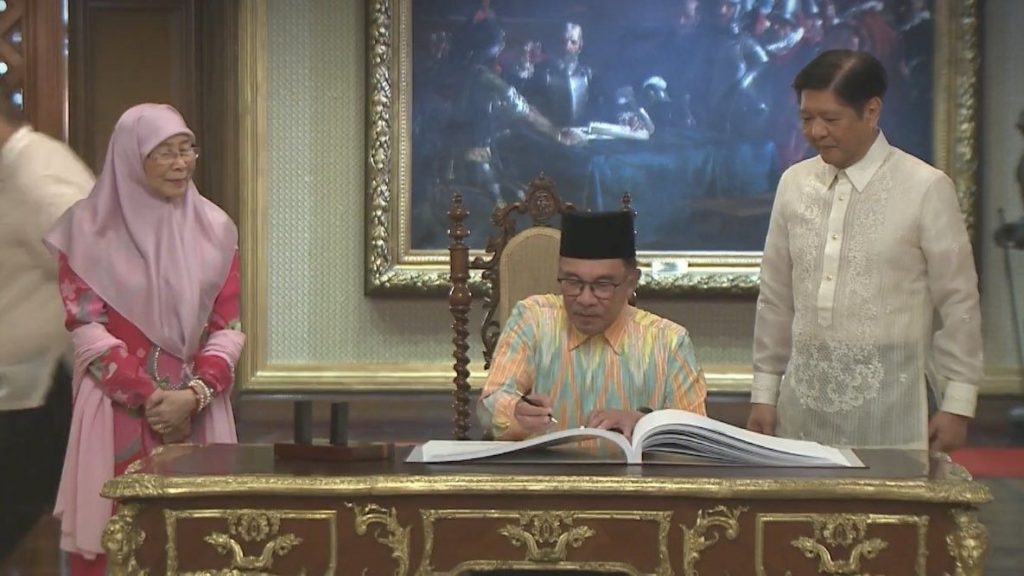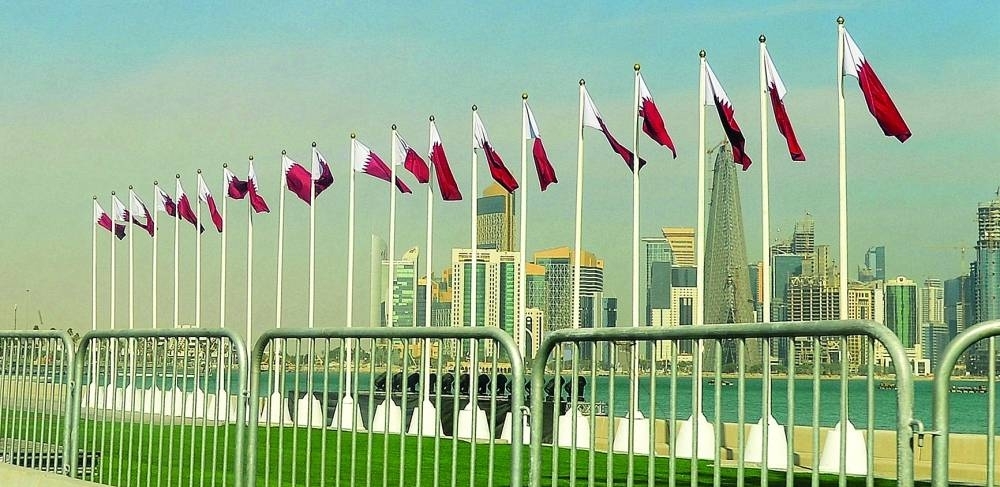By Peter Alagos/Business Reporter, Gulf Times
Beyond tourism, the global halal industry also offers a myriad of sectors for investment opportunities between the Philippines and Qatar, an embassy official has said.

According to deputy head of mission Gonaranao B Musor of the Philippine embassy in Qatar, the Philippines wants to explore other areas of partnerships with Qatar on the economic benefits of the growing halal industry.
“Halal is a very broad concept that involves not just tourism, but also includes manufacturing, cosmetics, banking and finance, and logistics, among others. Hence, we want to tap Qatar as a possible partner in the many aspects of the halal industry,” Musor told Gulf Times yesterday. “Maximising the economic benefits of the international halal industry needs a broad and comprehensive approach. And this will not be possible if we just focus on the tourism aspect,” he further stressed.
According to Musor, the Philippine embassy here is hoping for a return visit this year from secretary Yasmin Busran-Lao of the National Commission on Muslim Filipinos (NCMF), who was in Qatar on a “scoping mission” in October 2015.
During her visit, Busran-Lao and her team met with officials of the Ministry of Awqaf and Islamic Affairs, Qatar University, and Qatar Foundation and discussed, among others, initial areas of co-operation in the field of academic exchanges, research on IT and material sciences, and capacity-building, especially on Islamic finance.
“And among the items in her agenda was a possible co-operation on halal matters with various Qatari partners. Secretary Busran-Lao expressed her interest to conduct another visit to Qatar as a follow-through action and we are hoping that this visit be held sometime this year,” Musor also said.
“I am very pleased with my first official trip to Qatar and I look forward to coming back soon as there are many other potential areas of co-operation with the country, including in the areas of halal and Shariah training, that we barely touched on,” Busran-Lao was quoted as saying.
Musor said the Department of Tourism’s (DoT) “Philippine Halal Tourism Project,” which was launched in January, provides a list of halal-certified establishments in the Philippines, and would be helpful for “potential tourists from Qatar who are inquiring on halal-certified establishments in the Philippines.”
The DoT said aside from providing halal services to tourists, the project had a 100-day timeframe to increase the number of halal-certified kitchens in various tourism destinations in the Philippines.
To achieve this, Musor said the DoT partnered with the NCMF, Halal International Chamber of Commerce and Industries of the Philippines (HICCIP), and Singapore-based company, CrescentRating, to prepare the kitchens and facilities of 43 hotels, resorts, restaurants, and other tourism-related establishments to be halal-certified.
The establishments are located in Manila, Cebu, Boracay, Davao, Bohol, Zamboanga City, General Santos City, Koronadal, Cotabato City, Surigao City, and Siargao Island, Musor said.



